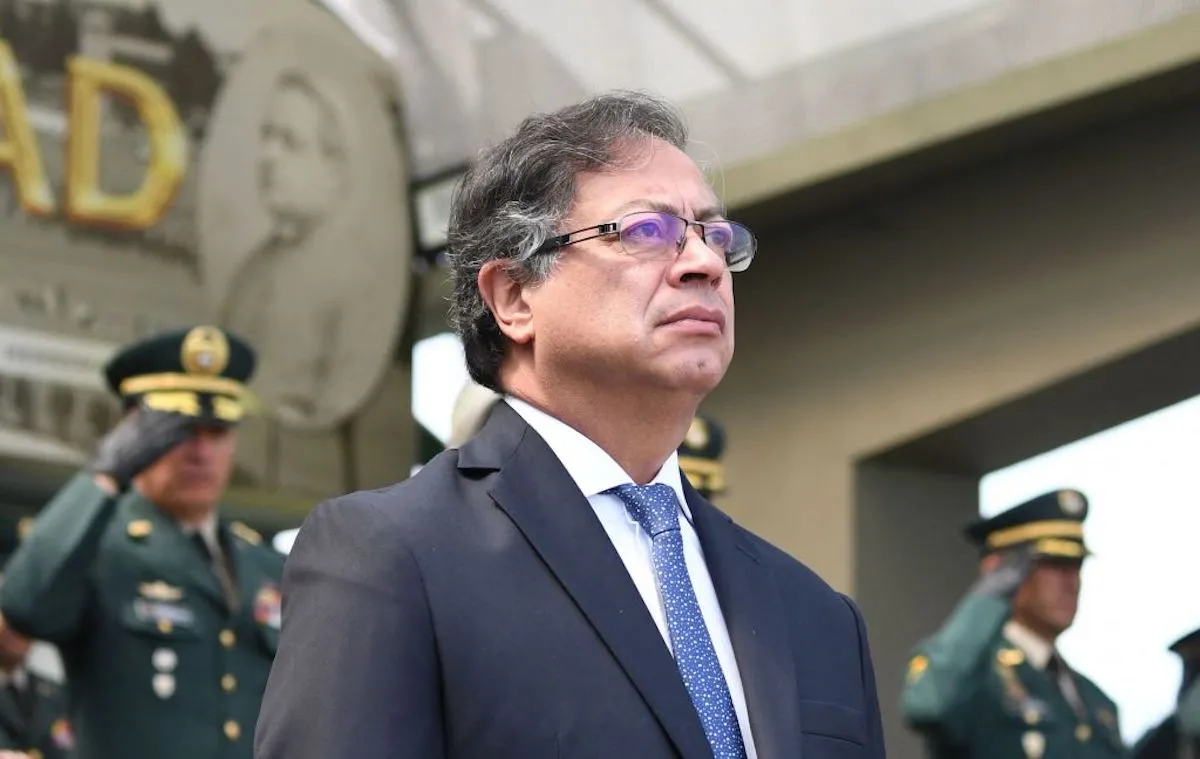On Saturday, on social media, Gustavo Petro, Colombia’s President, claimed that Francisco Barbosa, the Prosecutor General, plans to remove him from office.
Petro stated, “Barbosa seeks a coup with the appearance of legality.”
As Colombia’s initial leftist leader, Petro stressed that the law shields him from prosecutorial inquiry.
He blamed Barbosa for unjust practices, including coercion and the distortion of legal acts into crimes.
Barbosa, chosen in 2020 by the Supreme Court from a selection by Iván Duque, Duque’s former classmate, has had a contentious relationship with Petro.
Petro condemned the prosecutor for attacking labor groups that donated to his party. He argued this could unfairly raise his campaign costs and threaten his role.
Amid tensions, Petro announced a crisis of “institutional breakdown” and urged allies to start “public demonstrations.”
He argued, “We cannot dismiss a progressive president because a union supported a leftist party. Now is the moment for public action.”
An inquiry last year linked Petro’s aide, Laura Sarabia, and ex-ambassador Armando Benedetti to a wiretapping scandal. Both have since exited the administration.

Moreover, Nicolás Petro, the president’s son, faces charges related to laundering drug money for his father’s campaign.
His trial’s initial review is set for April 29. On probation, Nicolás denies his father knew of the tainted funds.
Background
This controversy arrives amid Colombia’s evolving political landscape, with Petro’s election marking a shift leftward.
His presidency challenges traditional politics, stirring both support and resistance.
The allegations against Barbosa highlight the friction between Colombia’s judiciary and executive branches.
This tension reflects deeper divisions within Colombian society and its political system.
Petro’s call for public mobilization suggests a strategy to leverage popular support against institutional challenges.
The scenario underscores the fragile balance between Colombia’s progressive aspirations and conservative institutions.
Ultimately, this episode may shape the future of Colombia’s democracy, testing its resilience and capacity for reform.

